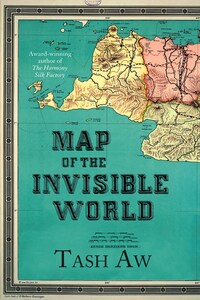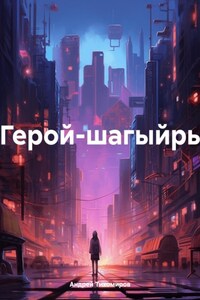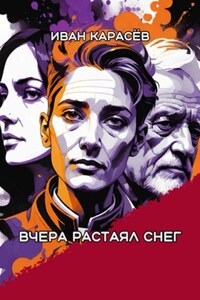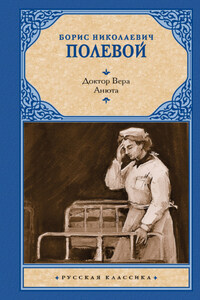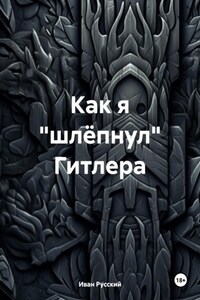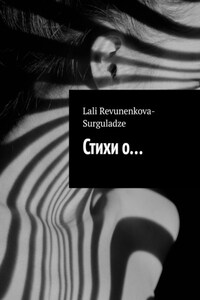Epigraph
Did I not once upon a time have a lovable childhood, heroic and fabulous, to be written on leaves of gold, an excess of good fortune?
RIMBAUD, Matin
His voice lasted just a few moments. A fleeting tremor, never to be repeated.
PRAMOEDYA ANANTA TOER, ‘Yang Sudah Hilang’
‘My dreams are like other people’s waking hours…My memory, sir, is like a garbage heap.’
BORGES, ‘Funes, His Memory’
When it finally happened, there was no violence, hardly any drama. It was over very quickly, and then Adam found himself alone once more. Hiding in the deep shade of the bushes, this is what he saw.
The soldiers jumped from the truck on to the sandy soil. They dusted themselves off, straightening their hitched-up trouser legs and tucking their shirts into their waistbands. Their long sleeves were rolled up thickly above their elbows and made their arms look skinny and frail, and the belts they wore were so wide they seemed to stretch their waists to their chests. They laughed and joked and aimed pretend-kicks at one another. Their boots were too big and when they ran they looked like clowns. They were just kids, Adam thought, just like me, only with guns.
They hesitated as they approached the steps going up to the veranda, talking among themselves. They were too far away; he couldn’t hear what they were saying. Then two of them went up to the house and when they emerged they had Karl with them. He was not handcuffed; he followed them slowly, walking to the truck with his uneven gait before climbing up and disappearing under the tarpaulin canopy. From a distance he looked small, just like them, just like a child too, only with fair hair and pink skin.
Stop. Adam wanted to call out, to scream for Karl to come back. Don’t leave, he wanted to shout. But he remained silent and unmoving, shrouded by the dense thorny foliage. He could do this now: he held his breath and counted slowly from one to ten. A long time ago, he had learnt this way of controlling his fear.
The truck reversed and then drew away sharply, kicking up a cloud of sand and dust; on its side there was a crude chalk drawing of a penis next to the words YOUR MOTHER—. Overhead the skies were rich and low and black, pregnant with moisture. It had been like this for some days; it had not rained in a long time, but now there was a storm coming. Everyone wanted rain.
In truth it did not surprise Adam that the soldiers had come. All month there had been signs hinting at some impending disaster, but only he seemed to see them. For weeks beforehand the seas had been rough, the ground trembling with just the slightest suggestion of an earthquake. One night Adam was awakened from his sleep by such a tremor, and when he went to the door and looked outside the coconut trees were swaying sinuously even though there was no wind; the ground felt uncertain beneath his feet and for a while he could not be sure that it wasn’t he who was swaying rather than the trees. The ginger-and-white cat that spent its days bounding across the grass roof in search of mice and lizards began to creep slowly along, as if suddenly it had become old and unsteady, until one morning Adam found it dead on the sand, its neck twisted awkwardly at an angle, its face looking up towards the sky.
Then there was the incident in town. An old man had cycled from his village in the hills, looking to buy some rice from the Chinese merchant. He’d just come back from the Hajj, he said; the pilgrimage is an honour but it isn’t cheap. The crops had not been good all year; the dry season had been too long, and now there was no food left. He asked for credit, but the merchant refused point-blank. Last year there was a plague of rats, he said, this year there is a drought. Next year there will be an earthquake and the year after there will be floods. There is always something on this shit-hole of an island. No one has any money, everyone in town will tell you the same thing. Prices are high, but it’s no one’s fault: if you don’t have cash there’s nothing anyone can do for you. So the old man went to the pawnshop with his wife’s ring, a small gemstone that might have been amber, set in a thin band of silver. The Chinese pawnbroker peered at it through an eyeglass for a few seconds before handing it back. A fake, he said, shrugging, a cheap fake. An argument ensued, a scuffle; insults of a personal, and no doubt racial, nature were exchanged. Later that evening, when the hot heavy night had descended, someone – it is not clear who – splashed kerosene on the doors of the pawnshop and took a match to it. The traditional wooden houses of this island (of which not many survive) burn easily, and within half an hour it was engulfed in flames. There were no survivors. The Chinese shops stayed closed for three days; no one could buy anything. Suddenly there were fist-fights all over town. Communists were arriving from the mainland to capitalise on the unrest, everyone said. Gangs of youths roamed the streets armed with machetes and daubing graffiti on houses.
